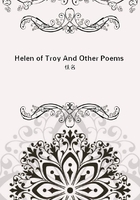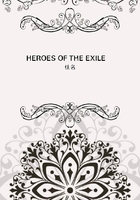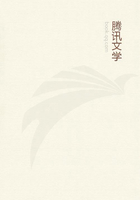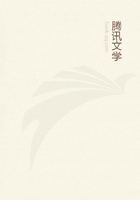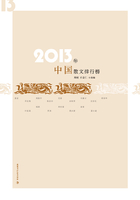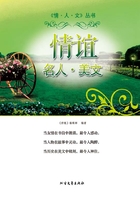§10.Far graver importance attaches to this consideration when we approach the savings of the working-classes.The contribution made from this source to the flow of fresh capital, the £300,000,000 per annum, is evidently attended by heavy human costs.Very little of it can be regarded as the considered reasonable outlay over a long period of time of income not needed for current organically useful consumption.Most of it involves a stinting of the prime necessaries or conveniences of life, or of some rise in present expenditure which would promote the health or efficiency of the family.Almost the only saving made by ordinary wage-earners not attended by this human sacrifice is that applied by young workers, who having only themselves to keep, can afford to set aside some portion of their pay in full employment so as to furnish a future home, and to insure against a few special emergencies involving loss of earning power or expenses connected with death or sickness.Even such personally serviceable insurances the married worker can seldom properly afford.Though the narrower view of the economy of a self-sufficing family may appear to justify savings made out of a wage the entire present expenditure of which can be applied to purposes of organically useful consumption, the wider social standpoint does not endorse this policy.For a workman to pinch on housing, clothing, the education of his children, or upon wholesome recreation, in order to avoid worse pinching in some unforeseen but probable emergency, may be sound individual economy.But, unless society is unable from other resources at its disposal to provide against these emergencies of working-class life, it is an unsound social economy, involving a heavy net cost of social welfare.
The issue is a very vital one.It may be stated in this concrete form.
Most of the savings effected in this country out of a family income of 30/ or less per week, and much of the savings made out of a larger income when the worker's family is young, involve a sort of abstinence which is fraught with heavy net costs in the social economy.No part of the economically necessary fund of annual capital ought to be drawn from this sort of saving.
It is literally a coining of human life into instrumental capital, and the degradation of the term 'thrift' in its application to such saving is a damning commentary upon the false standard of social valuation which endorses and approves the sacrifice.The great risks of loss which actually attend such saving, and the heavy expenses of the machinery of its collection and administration, aggravate the waste.If we ascribe £50,000,0005out of the £300,000,000 to this class of savings, a proper social book-keeping would put the human costs of this working-class abstinence as a large offset to the net utility of the other £250,000,000.The forethought, endurance, and other real or supposed benefits to the character of the workers imputed to this 'thrift' can no more be regarded as a compensation for such social injury, than can the discipline and fortitude of soldiers be regarded as a testimony to the net human economy of war.
NOTES:
1.Observe that this appearance is illusory.The maximum of organic utility would probably involve an even expenditure of all the elements of income without allowance for my preference of present over future.
2.It may be urged that, even in respect of necessaries, there will be some discount for future as compared with present consumption.But in any class of civilised men, whose income is paid at long intervals, this discount will be very small and may be ignored.
3.For a discussion of the nature and limitations of this calculus see Chapter XXI.
4.'So ingrained is the habit of accumulation among the prosperous classes of modern society, that it seems to proceed irrespective of the rate of interest.' Taussig, Principles of Economics , Vol.II, p.
27.
5.This is most likely a gravely excessive estimate.Probably £30,000,000or 1/10 of the national saving would be nearer the mark.Moreover, a large proportion of working-class savings is not destined to purposes of permanent investment but to provision for some early probable emergency, e.g., burial or unemployment which will cancel the saving.There exist no approximately reliable estimates of the amount of capital belonging to the working-classes.
The usually accepted figure includes under the head of Post Office Savings Bank and Building Societies a large but unknown quantity of middle-class savings.

